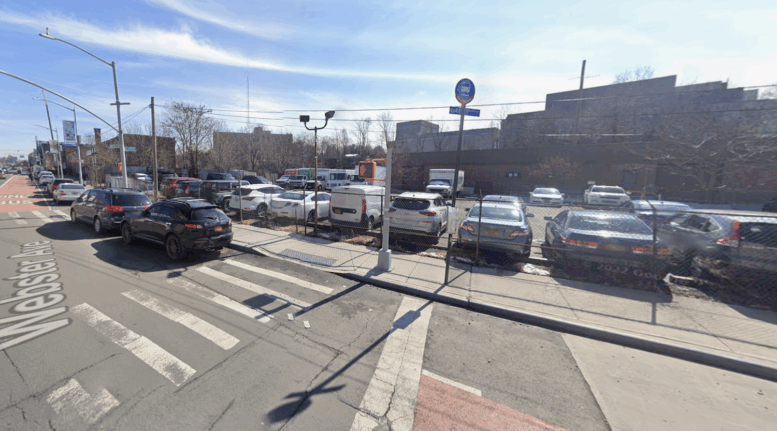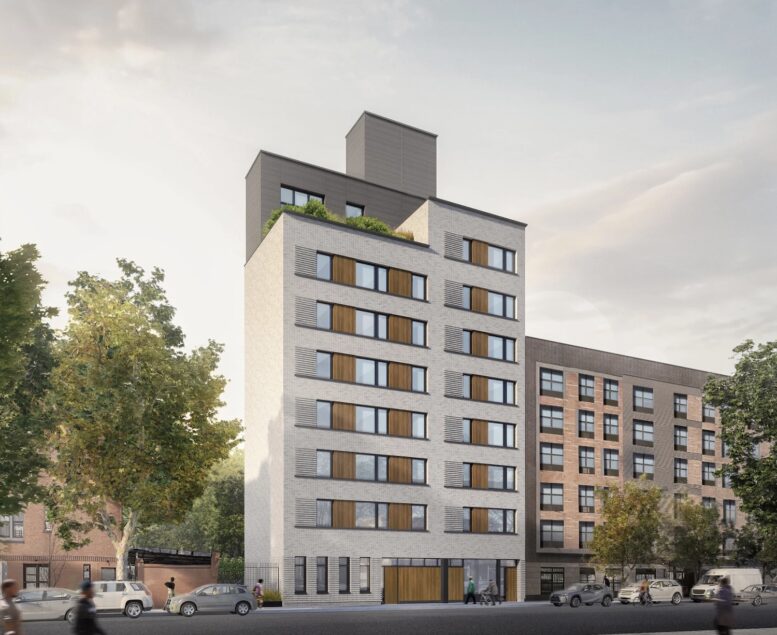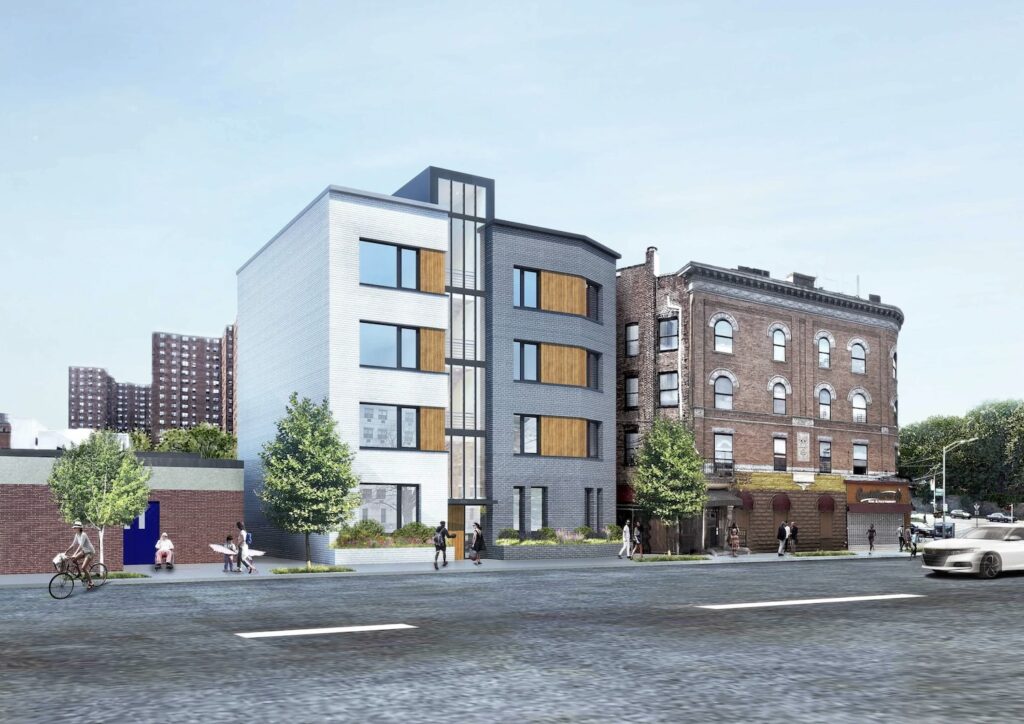Less Than 22 Months After the Arrests—Which Were the Largest Number of Federal Bribery Charges on a Single Day in Department of Justice History—All 70 Charged Defendants Have Pled Guilty or Were Convicted at Trial for Accepting Cash Payments
United States Attorney for the Southern District of New York, Jay Clayton, Commissioner of the New York City Department of Investigation (“DOI”), Jocelyn E. Strauber, Acting Inspector General of the U.S. Department of Housing and Urban Development, Office of Inspector General (“HUD-OIG”), Brian D. Harrison, Special Agent in Charge of the New York Field Office of Homeland Security Investigations (“HSI”), Ricky J. Patel, Special Agent in Charge of the Northeast Region of the U.S. Department of Labor, Office of Inspector General (“DOL-OIG”), Jonathan Mellone, and Special Agent in Charge of the New York Field Office of Internal Revenue Service – Criminal Investigation (“IRS-CI”), Harry T. Chavis, announced that all 70 employees of the New York City Housing Authority (“NYCHA”) who were arrested and charged in February 2024 have now been convicted of bribery, fraud, or extortion offenses.
Of the 70 defendants charged in February 2024 with accepting bribes in exchange for awarding NYCHA repair contracts, three defendants were convicted after jury trials, 56 defendants pled guilty to felony offenses, and 11 defendants pled guilty to misdemeanor offenses. Sentencings are ongoing, but sentences imposed to date range up to 48 months in prison. The defendants were collectively responsible for accepting over $2.1 million in bribes in exchange for awarding NYCHA contracts worth over $15 million. As a result of the convictions, the defendants will collectively pay over $2.1 million in restitution to NYCHA and will forfeit over $2 million in criminal proceeds.
“Today’s plea of the 70th and final NYCHA pay-for-play contracting scheme defendant marks an important milestone in one of the largest single-day corruption cases in the history of the Justice Department,” said U.S. Attorney Jay Clayton. “All 70 charged defendants have now been convicted for attempting to criminally leverage the contracting process of work for affordable housing for New Yorkers to line their own pockets. NYCHA residents deserve better. New Yorkers deserve better. This broad and swift action demonstrates our Office’s commitment to combatting corruption in our nation’s largest public housing authority—home to 1 in every 17 New York City residents.”
“Today, the last of the 70 NYCHA employees charged with bribery and extortion in connection with the awarding of micro-purchase contracts pled guilty, closing the chapter on an investigation in which DOI and our federal partners exposed widespread corruption that touched almost one-third of NYCHA’s 365 developments in each of the five boroughs,” said DOI Commissioner Jocelyn E. Strauber. “All the defendants, many of them supervisors, now have taken responsibility for separate schemes that, in total, involved more than $15 million in no-bid contracts, awarded in exchange for the payment of more than $2.1 million in bribes to employees who chose to serve themselves instead of the residents of NYCHA, driving up costs of maintenance and improvements in a public housing system dependent on scarce resources. To date, approximately $2 million in restitution to NYCHA and nearly $2 million in forfeiture has been ordered. Equally important, DOI’s 14 recommendations to improve controls with respect to NYCHA’s micro-purchase contracting have been implemented – three of which were similar to DOI’s 2021 recommendations that were rejected by NYCHA. I thank the U.S. Attorney’s Office for the Southern District of New York and our federal law enforcement partners for their commitment to thwart corruption that drains public housing resources, and NYCHA for the implementation of much-needed contracting reforms.”
“Today’s final guilty plea is an important milestone in bringing to an end the egregious pay-to-play bribery scheme that wasted millions of dollars that should have benefited HUD tenants in New York and raised serious questions about the integrity of NYCHA operations,” said HUD-OIG Acting Inspector General Brian D. Harrison. “All 70 of the NYCHA employees who failed to uphold the basic duty of not stealing from public housing have now admitted guilt or been found guilty at trial within two years of indictment, a testament to the investigative excellence of HUD OIG and its law enforcement partners. We are grateful to the U.S. Attorney’s Office for its support and prosecutions in this case and know that this sends a clear signal to corrupt public officials that they will be held accountable.”
“Nearly two years ago, HSI New York and our law enforcement partners announced a sweeping investigation that uncovered a brazen corruption and extortion scheme that marked the largest number of federal bribery charges in a single day in history,” said HSI Special Agent in Charge Ricky J. Patel. “Today’s guilty plea is the latest step in exposing a scheme that exploited NYCHA’s operations, shortchanged its communities, and siphoned trust and resources from NYCHA residents—New Yorkers who deserve better. Working in lockstep with our federal, state, and local law enforcement counterparts, HSI will keep pressing forward to protect New Yorkers and ensure that anyone who attempts to jeopardize their well-being faces decisive consequences.”
“An important part of the mission of DOL-OIG is to investigate fraud and other federal crimes involving matters within the jurisdiction of the Office of Inspector General,” said DOL-OIG Special Agent in Charge Jonathan Mellone. “The seventy convictions obtained in this investigation send a clear message that public corruption will not be tolerated. We are committed to working closely with our law enforcement partners to investigate those who exploit governmental programs and the American workers.”
“IRS-CI will continually use its unique expertise in tax and finance to find leverage in assisting with complex investigations,” said IRS-CI Special Agent in Charge Harry T. Chavis. “We are proud to build on our law enforcement partnerships to continue to bring criminals to justice.”
According to information contained in court filings and public court proceedings, including as proven at trial:
NYCHA is the largest public housing authority in the country, providing housing to 1 in 17 New Yorkers in 335 developments across the City and receiving over $1.5 billion in federal funding from the U.S. Department of Housing and Urban Development every year. When repairs or construction work require the use of outside contractors, services must typically be purchased via a bidding process. However, at all times relevant to the cases referenced above, when the value of a contract was under a certain threshold (up to $10,000), designated staff at NYCHA developments could hire a contractor of their choosing without soliciting multiple bids. This “no-bid” process was faster than the general NYCHA procurement process, and selection of the contractor required approval of only the designated staff at the development where the work was to be performed.
The defendants, all of whom were NYCHA employees during the time of the relevant conduct, demanded and received cash in exchange for NYCHA contracts by either requiring contractors to pay up front in order to be awarded the contracts or requiring payment after the contractor finished the work and needed a NYCHA employee to sign off on the completed job so the contractor could receive payment from NYCHA. The defendants typically demanded approximately 10% to 20% of the contract value—between $500 and $2,000 depending on the size of the contract—but some defendants demanded even higher amounts.
Mr. Clayton praised the outstanding investigative work of DOI, HUD-OIG, HSI, DOL-OIG, and IRS-CI, which work together collaboratively as part of the HSI Document and Benefit Fraud Task Force, as well as the special agents and task force officers of the U.S. Attorney’s Office for the Southern District of New York. Mr. Clayton also expressed appreciation for the cooperation and support of NYCHA’s senior executive leadership.
These cases are handled by the Office’s Public Corruption Unit. Assistant U.S. Attorneys Jerry J. Fang, Jacob R. Fiddelman, Meredith Foster, Catherine Ghosh, and Justin Horton are in charge of the prosecutions, and Assistant U.S. Attorneys Emily Deininger, Jane Kim, Matthew J. King, and Amanda C. Weingarten also handled individual cases.




